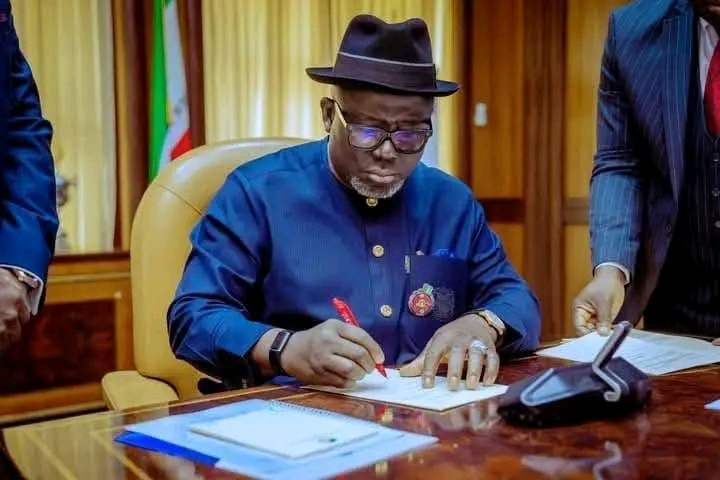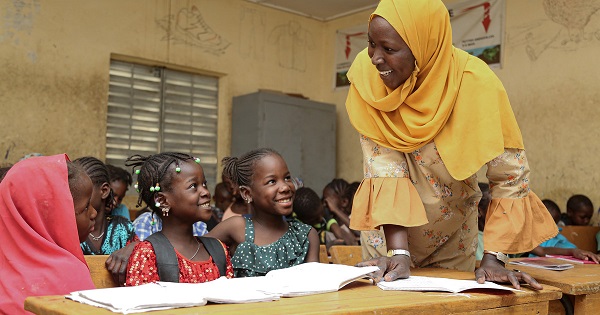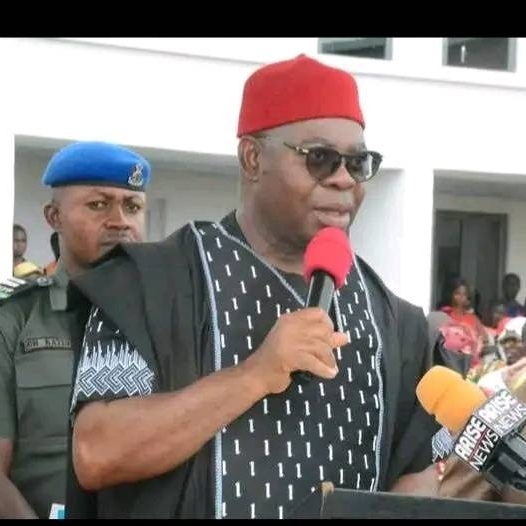The ongoing revelations about Minister of the Federal Capital Territory, Nyesom Wike, allegedly acquiring a $2 million property in Florida, United States, strike at the very heart of Nigeria’s war against corruption and the credibility of President Bola Tinubu’s administration.
Ordinarily, allegations of this magnitude should have drawn swift responses from the Presidency—whether in the form of a rebuttal, clarification, or a commitment to investigate. Yet, the silence from Aso Rock has been deafening. Nigerians are left to wonder: is this silence a sign of complicity, or is it simply a refusal to confront uncomfortable truths within the ruling establishment?
For a government that rode on the promise of renewed hope, silence in the face of such scandals is unacceptable. It sends a dangerous signal that accountability is negotiable, especially when it involves powerful allies or political heavyweights.
The matter goes beyond Wike as an individual. It touches on the moral compass of the current administration. If the Presidency cannot take a firm stance against allegations that suggest corruption and ostentatious living by a key cabinet member, then how can it demand transparency and sacrifice from ordinary Nigerians grappling with rising inflation, subsidy removal pains, and escalating poverty?
The President must remember that silence is not neutrality—it is complicity. Allowing such controversies to linger without official action erodes public trust and strengthens the perception that Nigeria has one set of laws for the elite and another for the common man.
If Wike is innocent, let an open, transparent probe clear his name. If guilty, let the law take its course. But this ominous quiet from the Presidency only deepens cynicism and fuels the narrative that corruption has become normalized under the very watch that promised reform.
The Nigerian people deserve answers, and the Presidency must provide them—now.
Ordinarily, allegations of this magnitude should have drawn swift responses from the Presidency—whether in the form of a rebuttal, clarification, or a commitment to investigate. Yet, the silence from Aso Rock has been deafening. Nigerians are left to wonder: is this silence a sign of complicity, or is it simply a refusal to confront uncomfortable truths within the ruling establishment?
For a government that rode on the promise of renewed hope, silence in the face of such scandals is unacceptable. It sends a dangerous signal that accountability is negotiable, especially when it involves powerful allies or political heavyweights.
The matter goes beyond Wike as an individual. It touches on the moral compass of the current administration. If the Presidency cannot take a firm stance against allegations that suggest corruption and ostentatious living by a key cabinet member, then how can it demand transparency and sacrifice from ordinary Nigerians grappling with rising inflation, subsidy removal pains, and escalating poverty?
The President must remember that silence is not neutrality—it is complicity. Allowing such controversies to linger without official action erodes public trust and strengthens the perception that Nigeria has one set of laws for the elite and another for the common man.
If Wike is innocent, let an open, transparent probe clear his name. If guilty, let the law take its course. But this ominous quiet from the Presidency only deepens cynicism and fuels the narrative that corruption has become normalized under the very watch that promised reform.
The Nigerian people deserve answers, and the Presidency must provide them—now.







Comments (0)
Please login to comment.